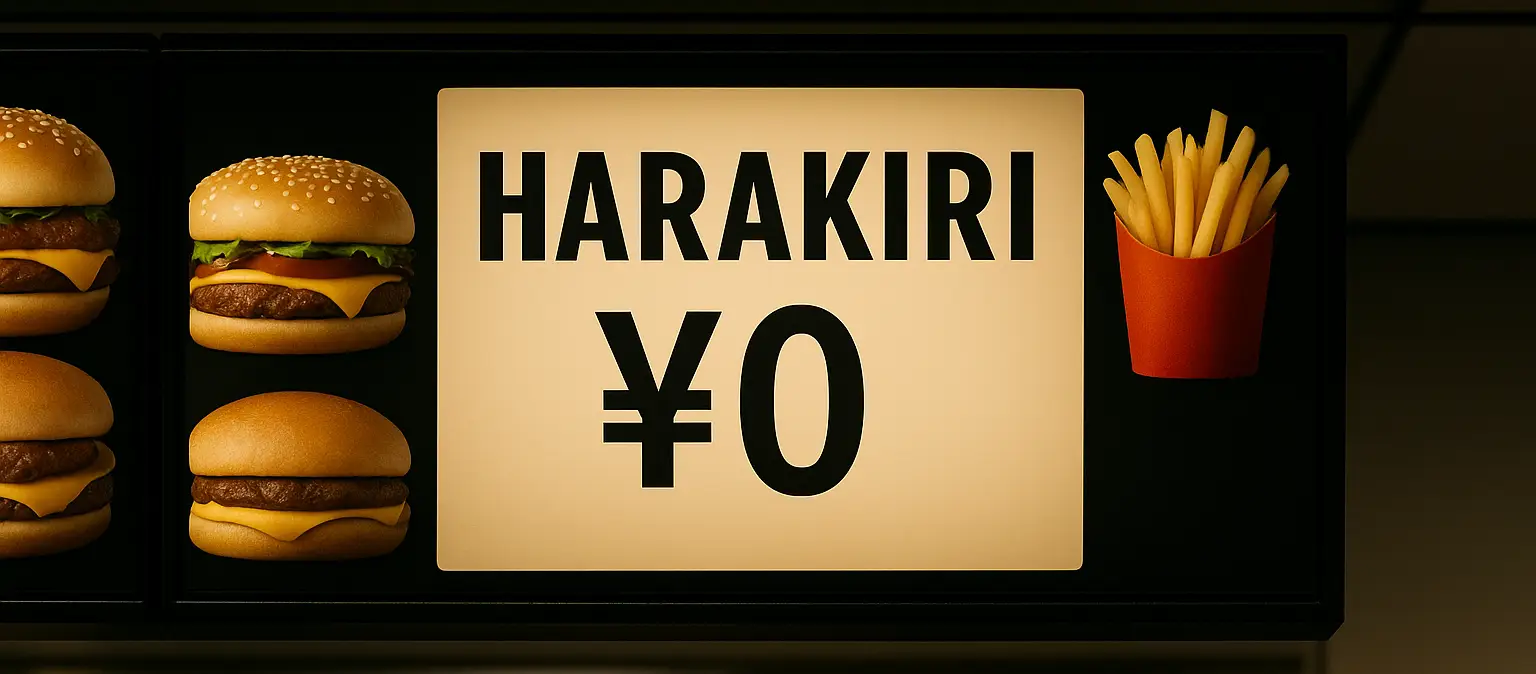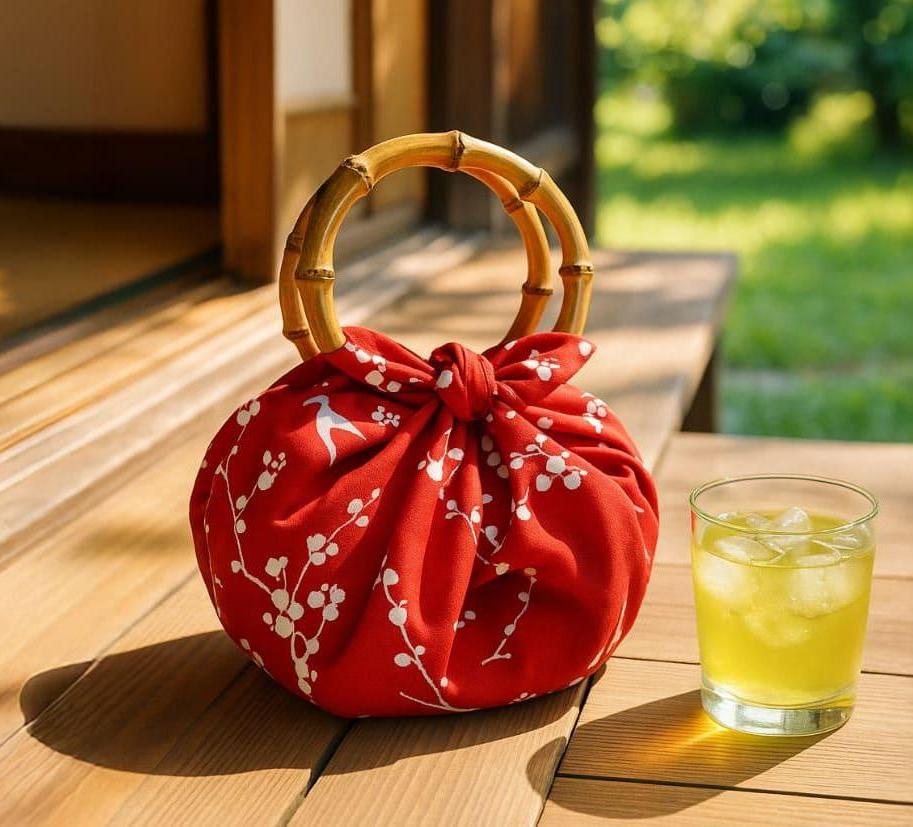No one would argue with the idea that fast food restaurants are all about offering the same service, quickly and conveniently, no matter where you are in the world.
Well—someone might yell at you to quiet down if you shouted it with a megaphone in a crowded park on a Sunday, but that’s another issue.
Anyway, it’s the mantra of McDonald’s, and the pride of Burger King.
But I’ve come to a conclusion:
That’s a myth.
Anyone who’s been to Japan might know what I’m talking about.
You often hear something like, “Fast food in Japan feels… kind of strange.”
If you dig into it, it usually turns out to be things that are perfectly normal for us Japanese—familiar services, unspoken rules.
So it does sting a little to hear them called “strange.”
But in the Japanese spirit of not letting anything go to waste (MOTTAINAI, if you will), I’ve decided to showcase five of the most striking examples.
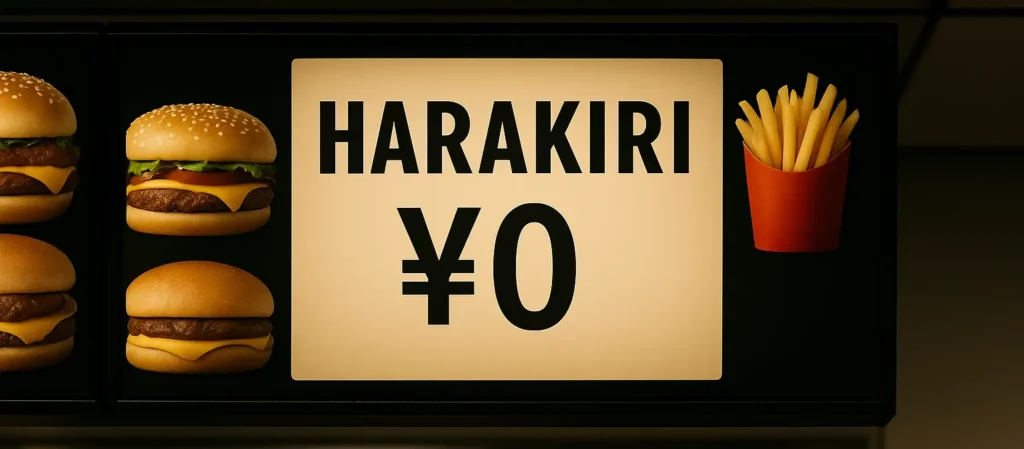
1. Five Weird Things You’ll Notice
1-1. The Awkward Silence
One of the first things that might surprise you at a fast-food restaurant in Japan is just how quiet the line is.
People waiting for their turn either stare at their phones or silently gaze ahead, as if everyone is collectively praying for someone’s peaceful passing.
And when your turn finally comes, don’t expect the mood to suddenly lift.
“Have you decided on your order?”
“A Big Mac set, please.”
Even this brief exchange can feel oddly solemn—like a formal condolence:
“My deepest sympathies.”
“I’m terribly sorry.”
You might even find yourself receiving your burger and thinking, “Is this what the deceased once held dear in life?”
Okay, that’s a slight exaggeration. But only slight.
This kind of behavior is actually quite normal in Japan, and it stems from a cultural tendency to avoid disturbing others at all costs.
The same atmosphere—where talking feels like a breach of etiquette—can be found on trains and in many other public spaces.
In fact, this “speak-and-you-lose” vibe might be the ultimate Japanese cultural quirk.
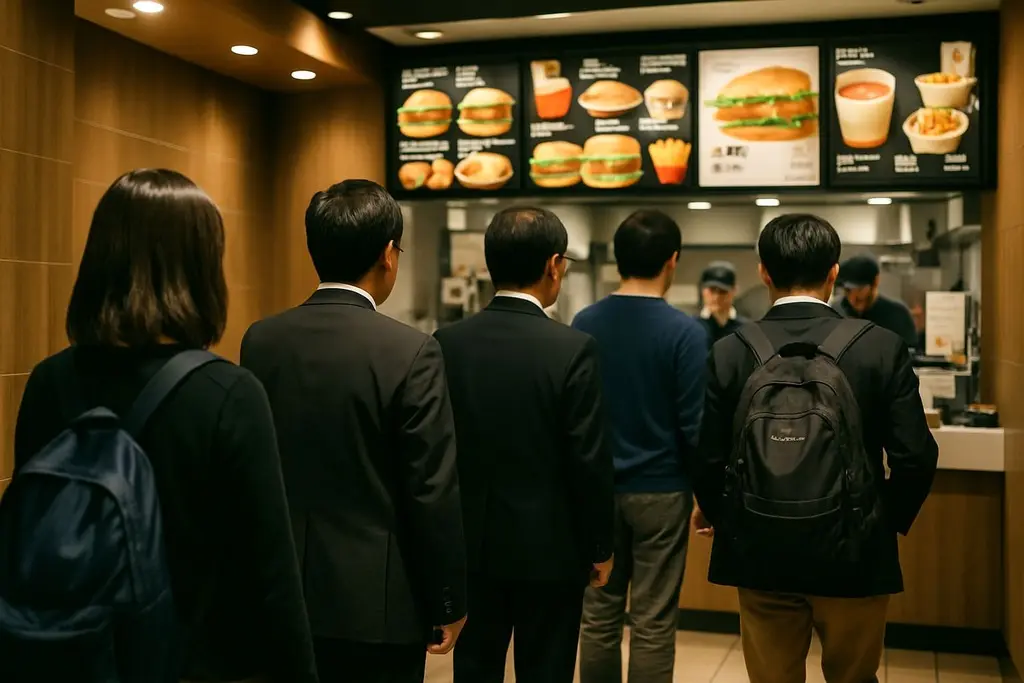
1-2. The Overly Caring Set Menu
Ordering a set meal at a Japanese fast-food joint can leave some visitors wondering:
“Wait… did I say I wanted all this?”
Rice, miso soup, salad, pickles, maybe some tofu or a tiny side dish—
It’s like a well-meaning aunt who insists,
“You need to eat your vegetables, sweetheart.”
And that’s if you manage to place your order.
In some places—especially budget chains like Matsuya—
the ticket machine may be nothing but a wall of text shouting “Set! Set! Set!”
No explanations. Just confusion.
You might end up leaving the restaurant before ordering anything, muttering,
“Thanks, Aunt Patty, but I’m full.”
This isn’t personal, though.
It comes from a deeper Japanese food culture, where variety is valued—
from traditional kaiseki meals to humble beef bowls.
So don’t worry: they’re not watching your cholesterol.
They’re just being… thorough.
1-3. Is This a Trap?
One thing that stuns many visitors is this peculiar sight in Japanese fast-food restaurants:
A table with no one sitting — yet a smartphone or handbag lies there, unattended.
It looks exactly like a trap.
A decoy.
And yet, the owner of that bag is often just getting water… or hasn’t even ordered yet.
In many countries, doing this would lead to two likely outcomes:
- Your stuff gets stolen.
- Security is called.
So if you instinctively start scanning the room for hidden cops, that’s understandable.
But in Japan, this is actually a standard method of reserving a seat — especially in solo-friendly places like beef bowl chains. In fact, some restaurants even encourage it with signs that say, “Please find a seat before ordering.”
While theft can and does happen in Japan, this practice reflects a deeper cultural backdrop: one built on social trust and unspoken rules.
In other words, it’s not a trap.
You’re just in Japan.
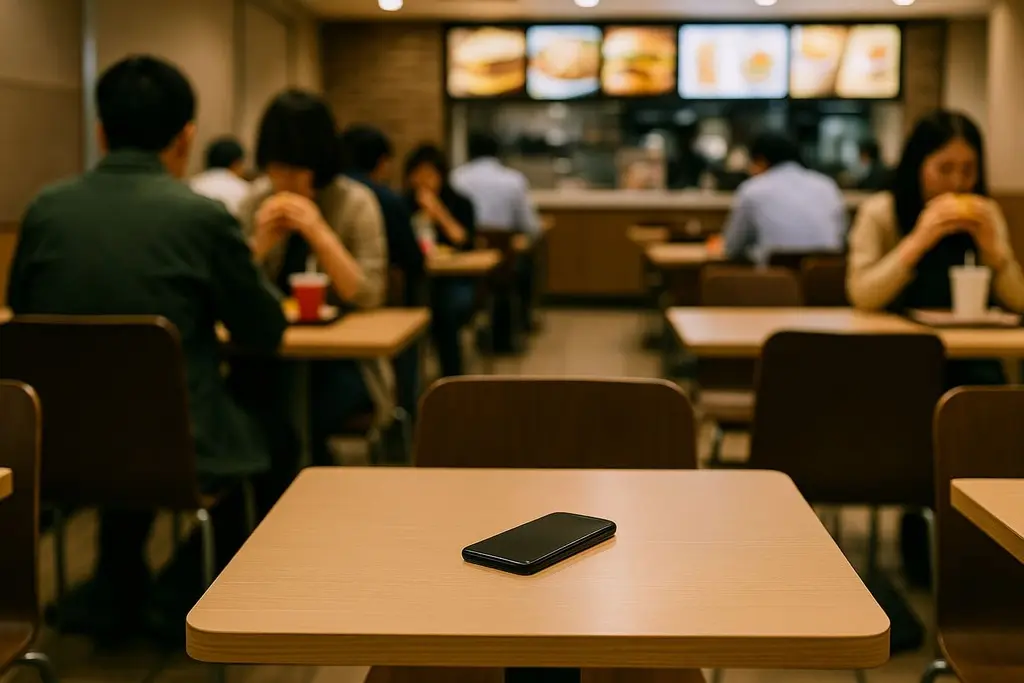
1-4. Business Is Supposed to Be a Fair Exchange…
One thing that often surprises foreign visitors is the gap between price and quality in Japan’s fast food.
In countries where “you get what you pay for” is the rule, Japan flips the script—“Wait, this quality… for that price?”
The ingredients are decent, the service polite enough, the space reasonably clean.
And everything arrives quickly, with minimal errors.
This isn’t limited to fast food—it’s also true for convenience store meals.
But one of the most iconic examples might be a beef bowl from the fast food chain Yoshinoya.
A regular-sized bowl—enough to satisfy a full-grown adult for lunch—will cost you around 3 dollars.
And just so you know:
There was a time, not too long ago, when that same bowl was just 2 dollars.
Personally, I’ve never seen an American traveler hear that and not lean back in disbelief.
1-5. A Man Slurping Soba Alone at Midnight — That’s Really All There Is
Walk into a soba shop late at night,
and you might find a man silently slurping noodles by himself.
He looks lonely. Maybe even a little defeated.
The zuru-zuru slurping — so loud, so unapologetic — almost feels like he’s given up on something.
You may feel compelled to place a hand on his shoulder and ask,
“Is there anything I can do for you?”
But there’s no need.
He’s not brokenhearted. He’s not lost his way.
He’s just a little hungry.
In Japan — especially among younger men —
there’s little hesitation about eating fast food alone late at night.
Gyudon chains, ramen joints, and soba shops often stay open late,
and many have counter seating designed just for solo diners.
Japanese fast food welcomes you,
whether you come to fill a small hunger,
or to ease a quiet ache.
2. Final Thoughts
found yourself muttering, “Wait… seriously?”,
then we’re glad you enjoyed the read.
And if, just maybe, it made you want to visit Japan a little more — well, that was the plan all along.
If even fast food — the supposed symbol of global uniformity — comes with this many quirks,
just imagine what else is waiting out there in Japan: habits that surprise you, customs that confuse you, and culture gaps that make you laugh.
And one day, if you find that your sense of normal has started to shift — the way a local accent sometimes sticks after a trip —
why not join us in the quiet line and grab a burger?

